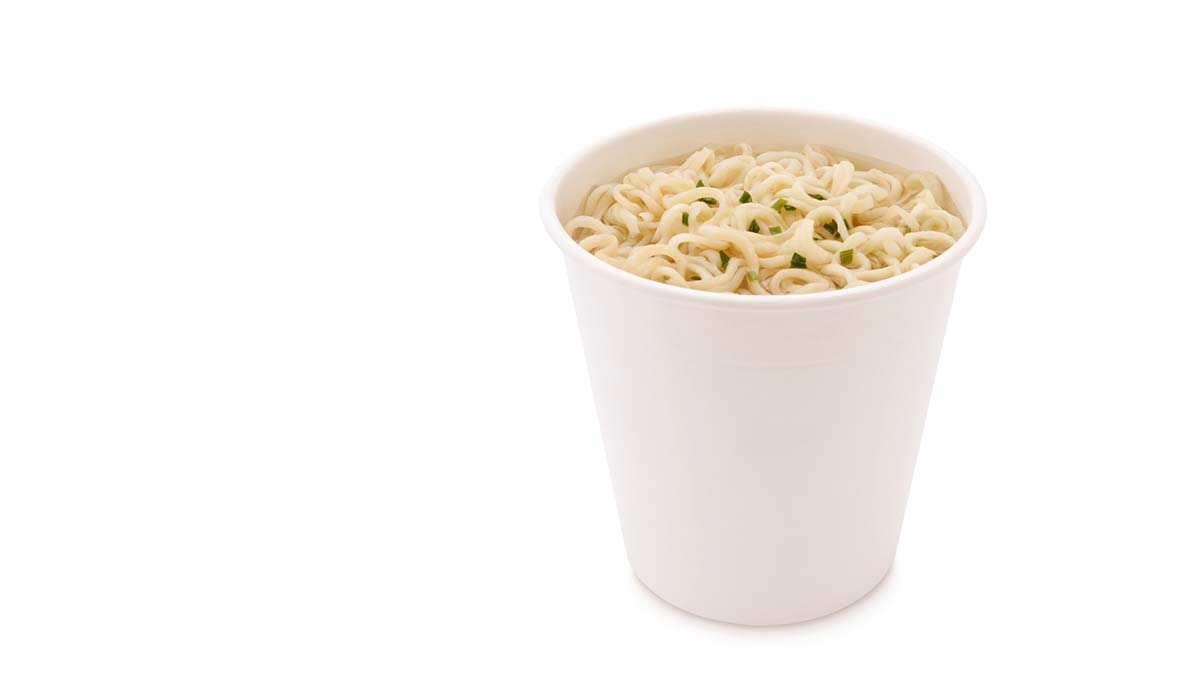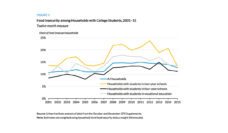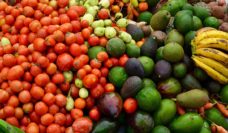Food insecurity, according to the USDA, is “the disruption of food intake or eating patterns because of lack of money and resources.” Food insecurity is a widespread problem that many college students across the United States face, but few studies have focused specifically on college freshmen.
A recent study published in the Journal of Community Health assessed food insecurity among freshmen at Appalachian State University, located in Boone, North Carolina. Researchers compared food insecurity at home to food insecurity experienced during the first year of college.
Seven percent of those surveyed experienced food insecurity at home before college. Those who experienced food insecurity at home reported that their families stretched food; bought cheaper, processed foods; and used coupons for discounts on food. Over 21% of the freshmen surveyed in the study at Appalachian State reported being food insecure at some point during their first year of college.
Moving for college appears to reduce food security for some students. Over 40% reported that getting food was more difficult in college than it was before college. Some reasons that students listed include having a limited meal plan, not having enough money to buy food, and using the money for items besides food.
Though 22% of food insecure freshmen said that they feel “fine/okay” about food access on their campus, over 40% reported feeling anxious, worried, or frustrated. Students who were food insecure in college scored significantly lower on the Academic Progress Scale than those who were food secure.
Other researchers have reported that worse academic performance was associated with food insecurity in college students at West Virginia University, another Appalachian university. The rate of poverty, which is associated with food insecurity, is higher in Appalachia than it is in the United States as a whole.
Additional research has found that those who are food insecure will sometimes eat smaller meals to make food last longer. Food insecure individuals and families consistently report buying more processed foods because they are less expensive than healthier foods, such as leaner meats and fresh produce. And what people buy is often influenced by sales or what is cheapest for the customer.
Providing learning opportunities focused on budgeting and healthy foods to students may help, as could increasing SNAP access for college students. Policy changes, such as increasing the number of available jobs and making meal plans more affordable, could also make a difference in increasing food access among this vulnerable population.
Feature image: subjug/iStock













